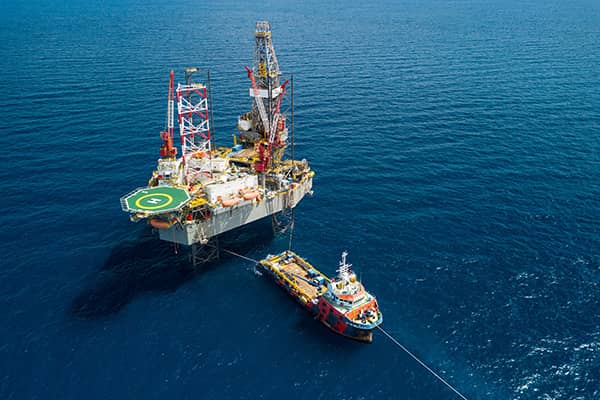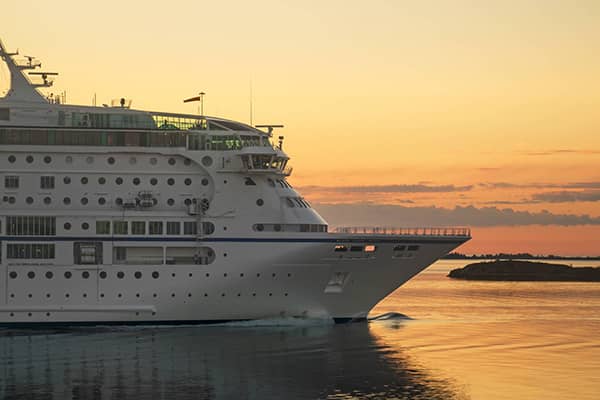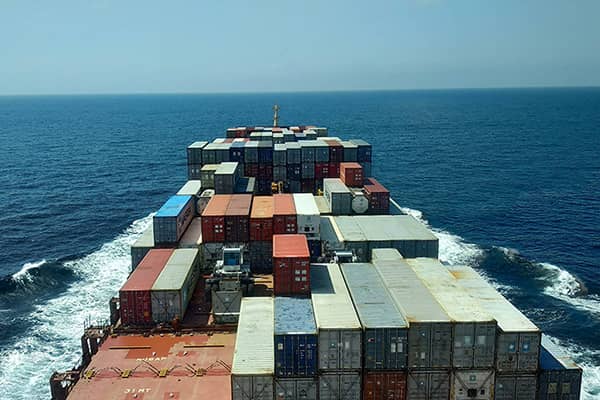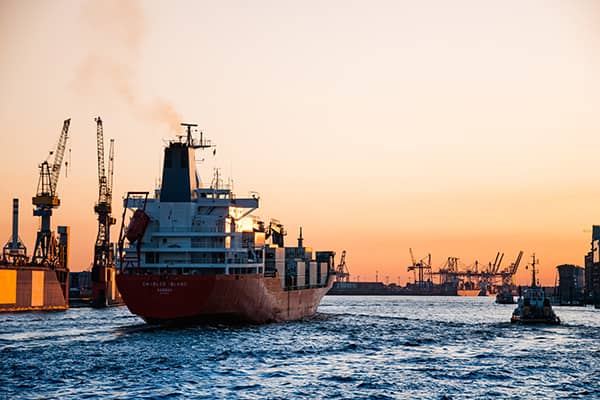





The Power of Fleet Data Management
Our data-driven approach and flexibility make us a digital transformation booster.

Accelerating maritime digitization
Opsealog is a company that guides maritime leaders in their digital transformation, offering solutions that propose flexibility and agility.
No hardware needed
Easy management of data
Actionable data is better data
How can maritime data analytics help you?
Maritime Fleet Performance
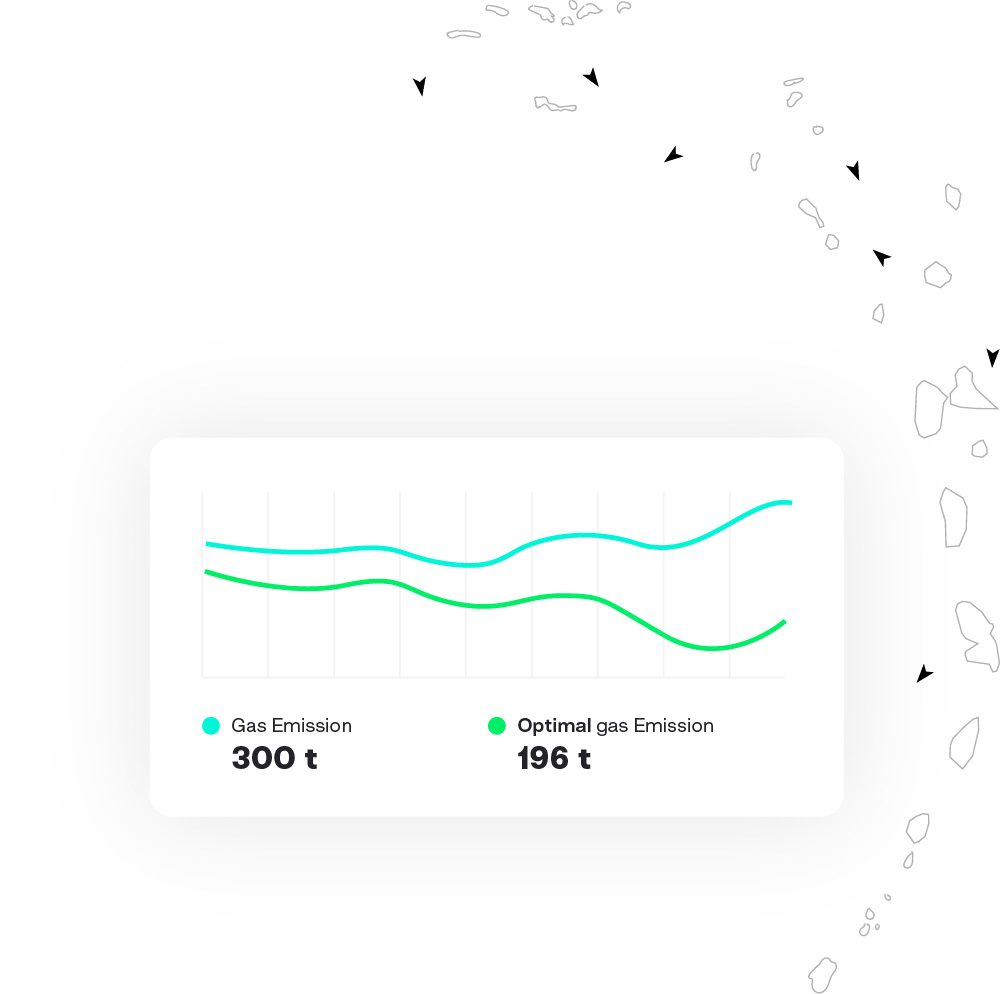
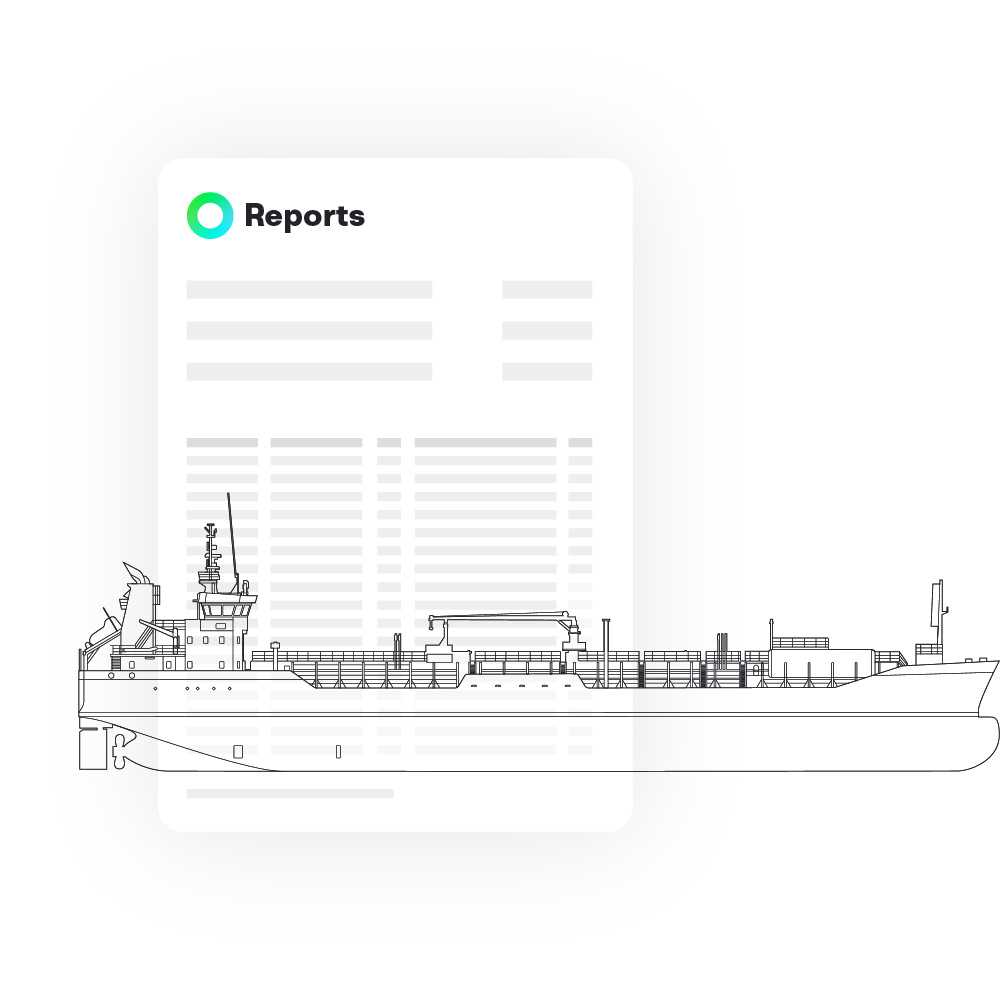
Marine Electronic Logbook
Marine Data Analytics
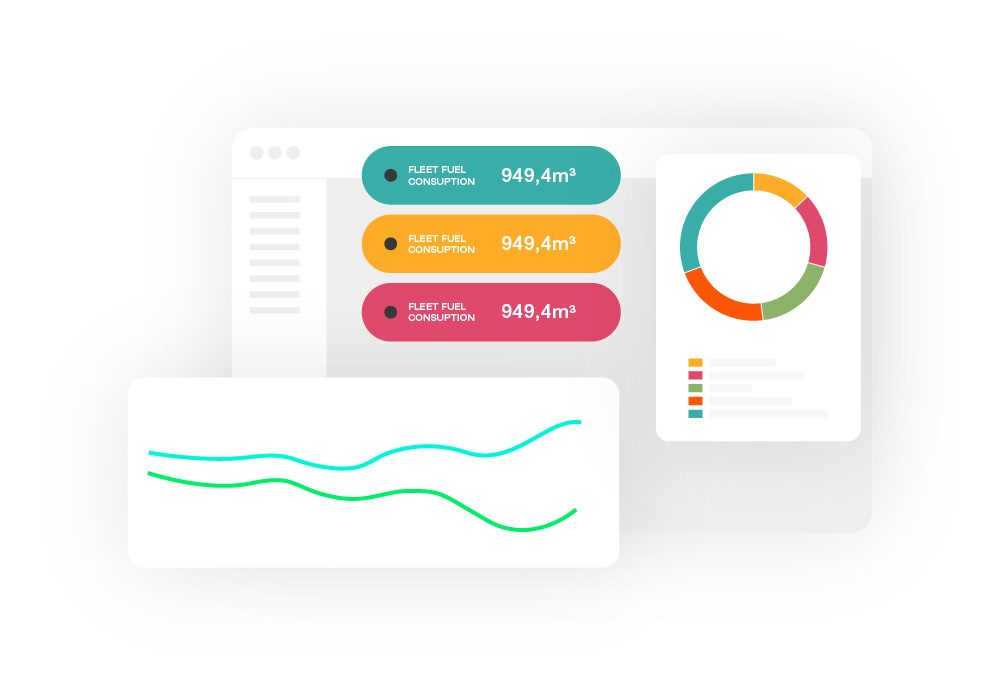
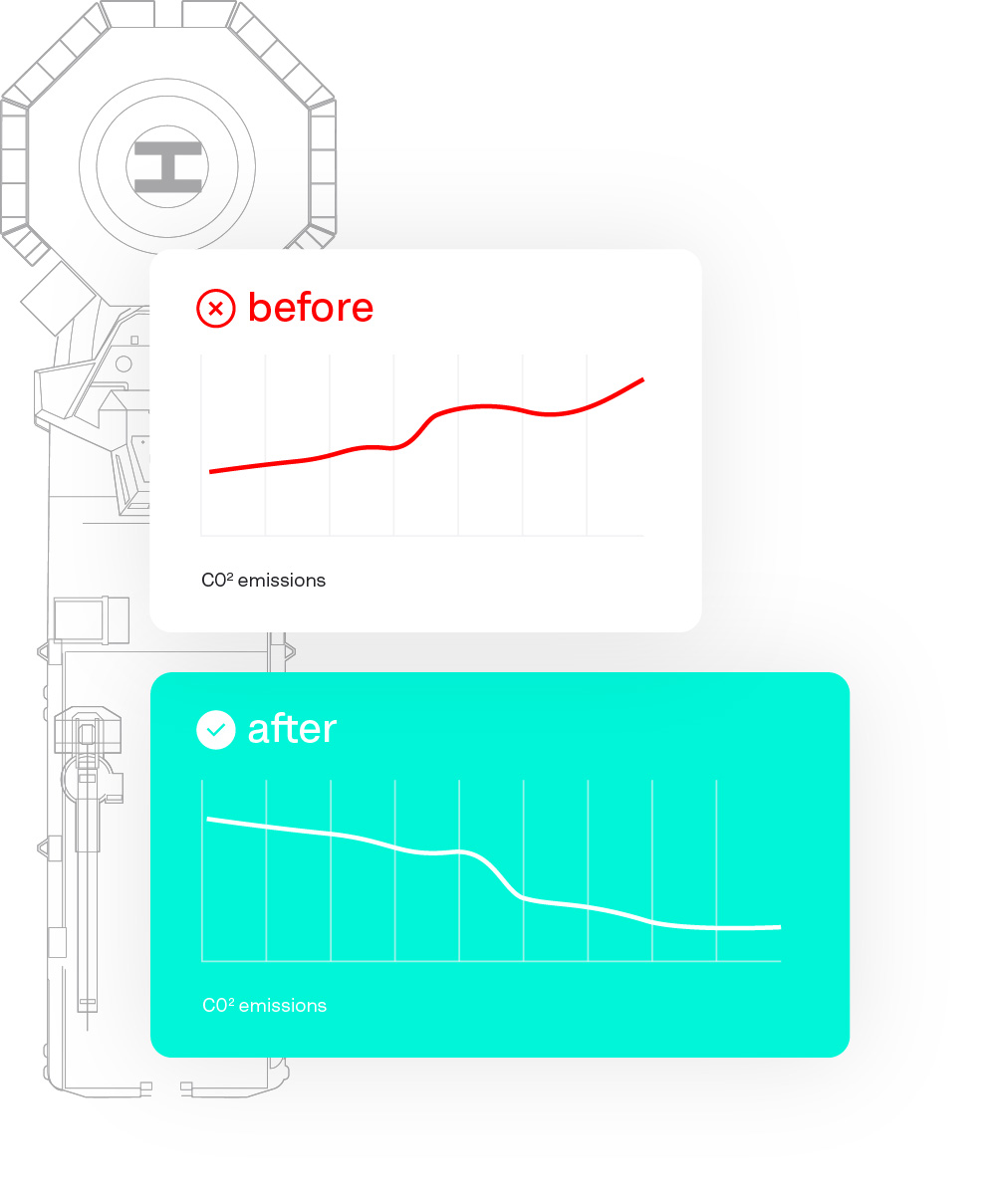
Vessel Decarbonization
Environmental compliance
Use digitalization and automation to make your environmental compliance measures easier and more efficient.
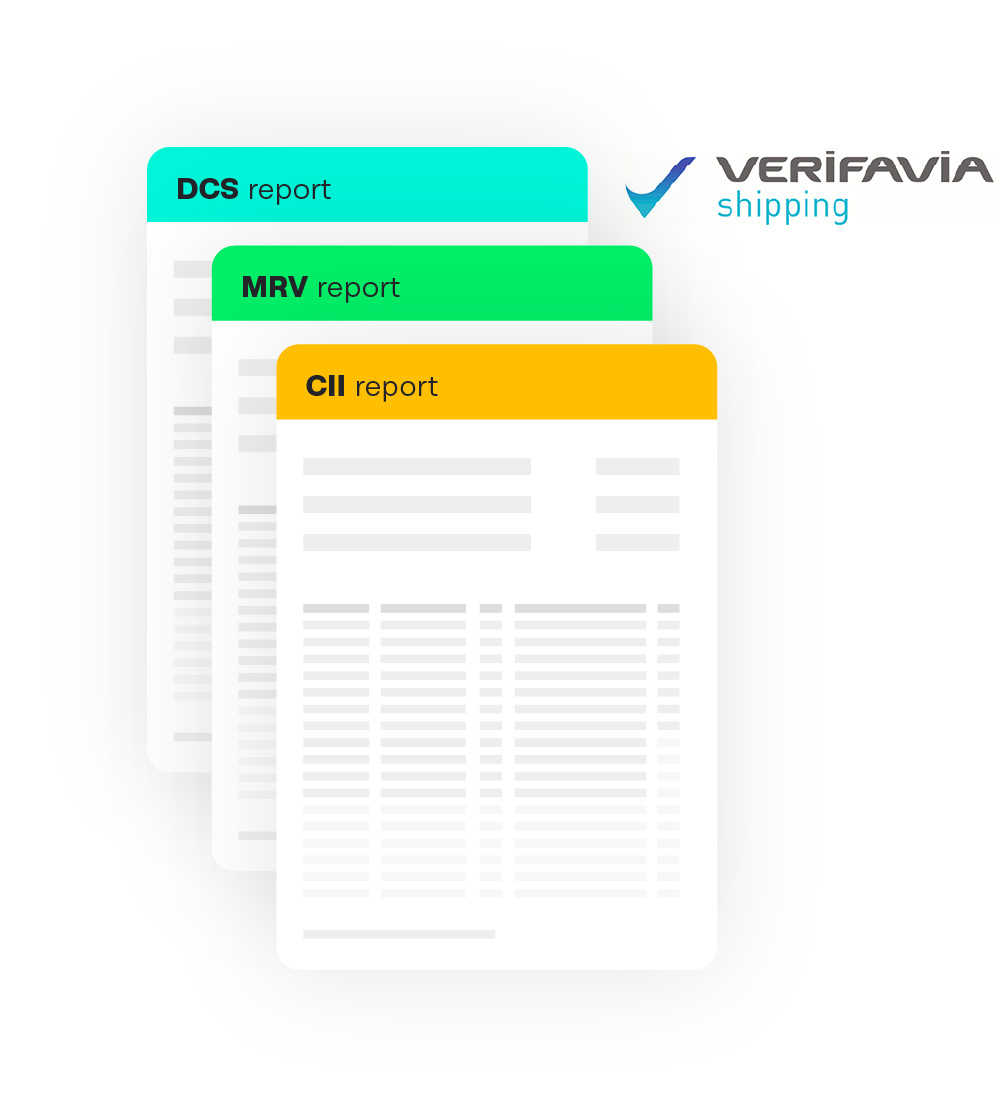
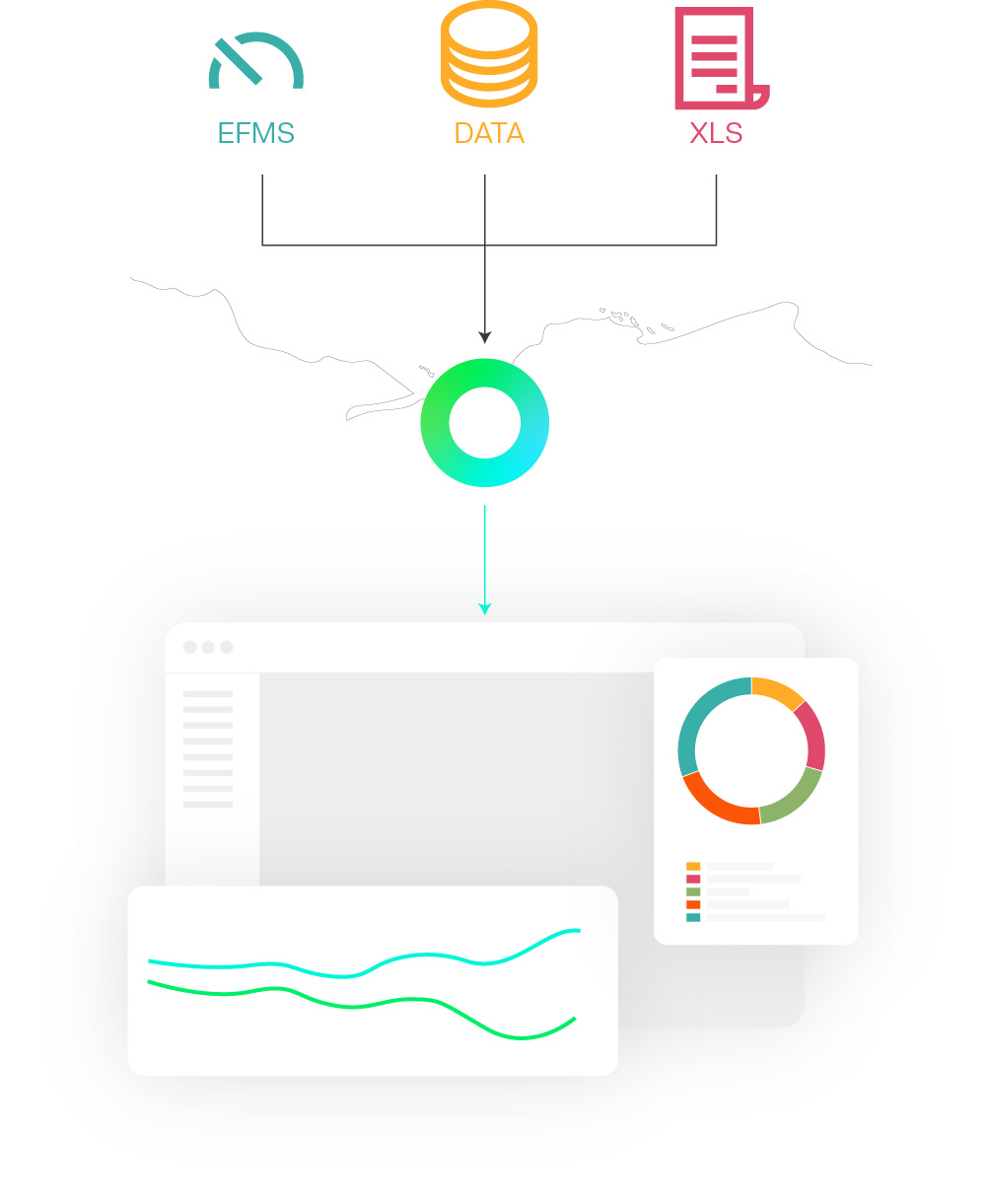
Maritime data integration and collection
Maritime Digitalization
Make the most out of your data by digitizing your activities. Your maritime business is only as strong as the data you have to support it.
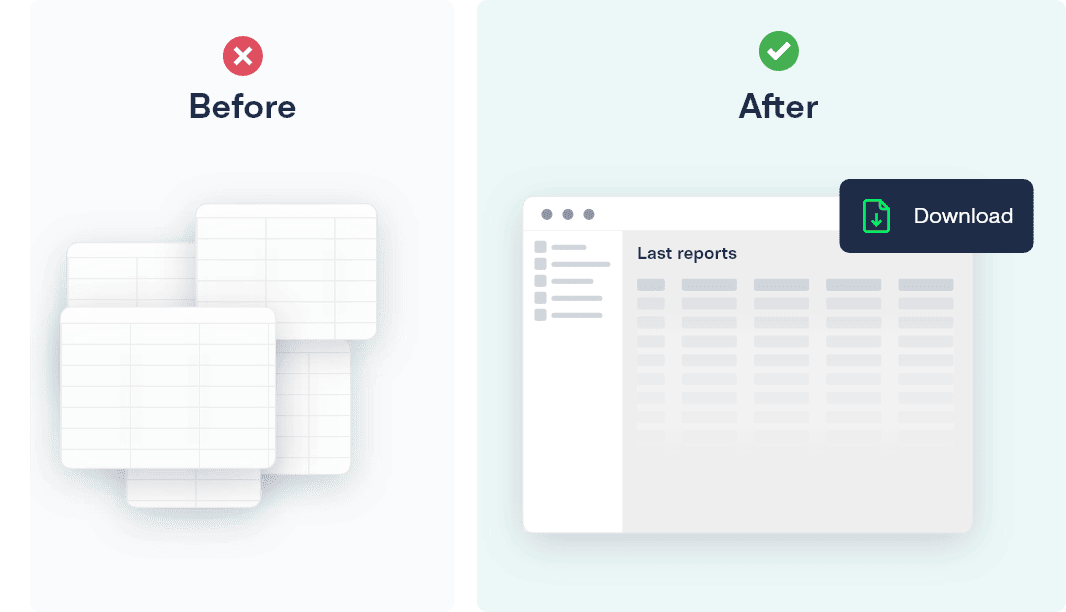
They Trust Us
The weekly activity reports and analysis from Opsealog's maritime professionals enabled us to take suitable decisions, resulting in a considerable reduction in our overall fuel usage.
Collaboration with Opsealog has been a success. With improved visibility, centralized data, and optimized service delivery, we have achieved greater efficiency. We recommend them as a partner to achieve a successful digital transformation.
After the first phase of collaboration in which we focused on fuel savings, we continue to work together to find other optimization areas such as fleet voyage optimization, cost control, etc.
Want to experience the future of maritime?
Already a user ? Log in here

